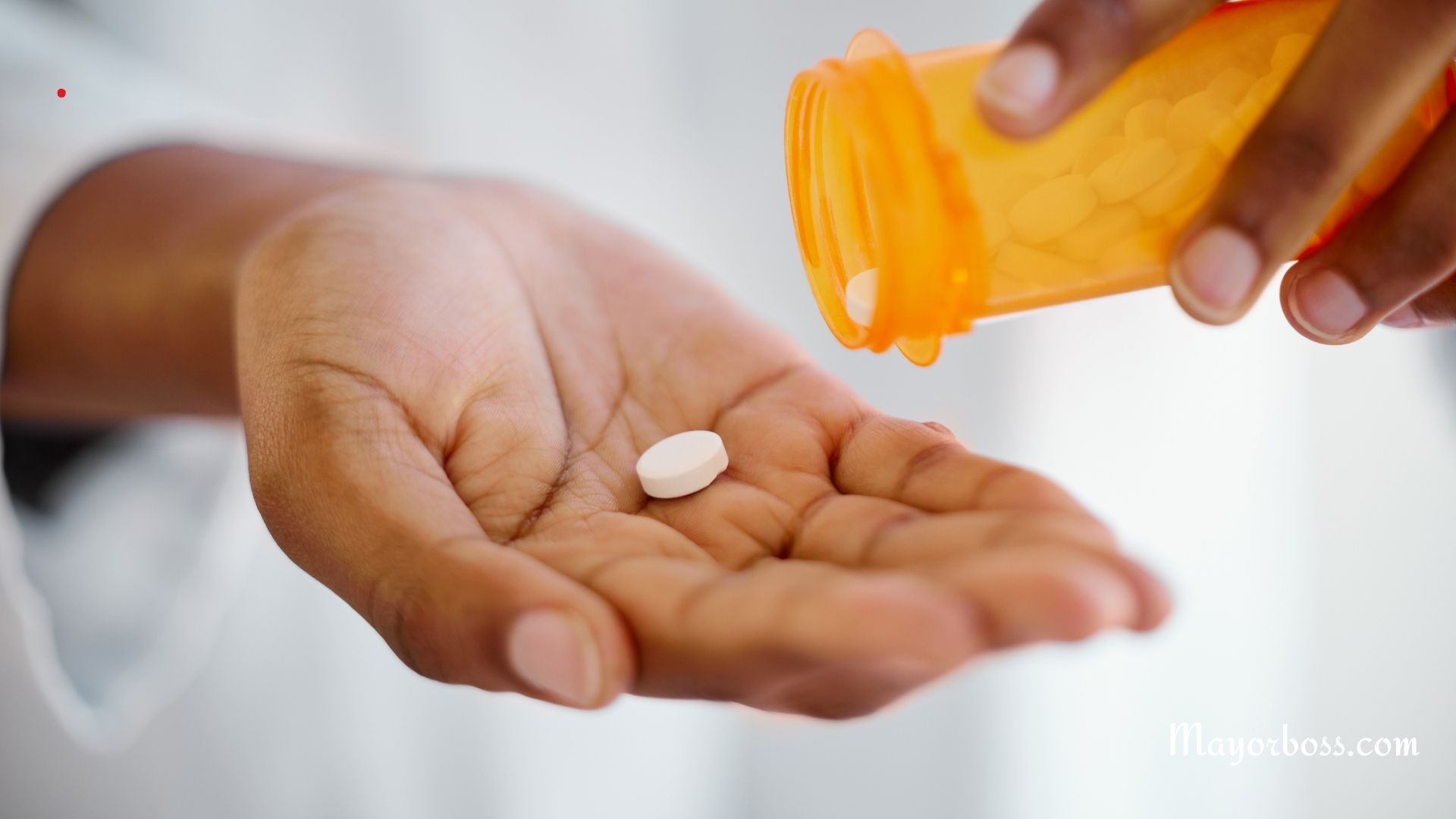Carvedilol: Uses and Side Effects
Summary: Carvedilol is a medication primarily used to treat high blood pressure and heart failure. This drug belongs to a class known as beta-blockers, which work by affecting the flow of blood through arteries and veins. While it can be incredibly helpful, it’s essential to know its potential side effects and proper usage.
What is Carvedilol?

Carvedilol is a prescription medication in the beta-blocker category. Doctors commonly prescribe it for conditions like high blood pressure and heart failure. The drug achieves its effects by slowing down your heart rate and relaxing your blood vessels. This action consequently lowers blood pressure and helps your heart pump more efficiently.
Carvedilol is only available on prescription.
Why is Carvedilol Prescribed?
High Blood Pressure
One of the primary reasons you might be prescribed carvedilol is to manage high blood pressure. Elevated blood pressure places extra strain on your heart and blood vessels. Over time, this can result in damage that makes you susceptible to heart disease, strokes, and other cardiovascular problems.
Heart Failure
In addition to high blood pressure, carvedilol is also used to treat heart failure. In cases of heart failure, the heart can’t pump blood effectively enough to meet the body’s needs. Using carvedilol helps the heart to pump better, improving symptoms and potentially extending life expectancy.
Other Uses
Besides high blood pressure and heart failure, Carvedilol is sometimes used for additional conditions, such as angina (chest pain). It’s crucial, though, to use the medication only as directed by a doctor or pharmacist.
How to Use Carvedilol
Always follow the instructions provided by your doctor or pharmacist. Generally, you’ll take the medication orally, with food, to help reduce the chance of an upset stomach.
If you’re taking standard tablets, the usual practice is to take the medication twice a day—usually, one dose in the morning and one dose in the evening. For extended-release capsules, you usually take the medication once a day. Doctors often recommend taking it in the morning but always follow your doctors’ advice.
What to Do if You Miss a Dose
If you forget to take your Carvedilol dose, take it as soon as you realize your mistake. But, if it’s nearly time for your next dose, skip the missed one and continue with your regular schedule. Never take a double dose to make up for a missed one, as this can result in an overdose.
What are the Side Effects?
Common Side Effects
When you start taking carvedilol, you may notice some side effects. Among the most common are dizziness, lightheadedness, fatigue, drowsiness, diarrhea, and weight gain. If these symptoms persist or worsen, promptly talk to your doctor or pharmacist.
Serious Side Effects
While rare, some people may experience severe side effects. Examples include shortness of breath, slow heart rate, and symptoms of high blood sugar like increased thirst or frequent urination. If you encounter any of these, seek medical attention promptly.
Precautions and Interactions
Before starting carvedilol, it’s crucial to inform your doctor or pharmacist about any other medications you’re taking or medical conditions you have. For example, carvedilol can interact with certain medications like antidepressants and diabetes medicines, which could either reduce its effectiveness or enhance side effects. Moreover, if you have asthma, bronchitis, or other breathing issues, make sure to discuss these with your doctor or pharmacist, as carvedilol can exacerbate these conditions.
Pregnancy and Breastfeeding
If you’re pregnant, planning to become pregnant, or breastfeeding, consult your doctor or pharmacist before taking carvedilol. It’s essential to weigh the potential risks and benefits for both you and your child.
Frequently Asked Questions
How Should I Store Carvedilol?
Proper storage is essential for maintaining the effectiveness of Carvedilol. Generally, you should keep it in its original packaging at room temperature, away from moisture and heat. Always check the expiration date before use and dispose of expired medication safely.
Can I Drink Alcohol While Taking Carvedilol?
Mixing alcohol with Carvedilol is generally not advisable. Alcohol can lower your blood pressure, and when combined with Carvedilol, this effect could be intensified, leading to dizziness or fainting. If you’re considering drinking alcohol while on this medication, consult your doctor first.
What Should I Do in Case of an Overdose?
If you suspect an overdose, seek emergency medical attention immediately. Symptoms of an overdose may include severe dizziness, slow heart rate, and fainting. Immediate intervention is crucial for preventing severe complications.
Can I Stop Taking Carvedilol Abruptly?
You should never stop taking Carvedilol without consulting your doctor. Abruptly stopping the medication can lead to adverse effects, such as worsening heart failure or a sudden increase in blood pressure. Your doctor will guide you on how to safely taper off the medication if it’s appropriate for you.
Are There Any Foods I Should Avoid?
While Carvedilol doesn’t have any specific food interactions, it’s a good idea to maintain a balanced diet, especially if you’re taking it for heart-related issues. Foods high in sodium, for instance, can counteract the medication’s blood pressure-lowering effects. Speak with your doctor or pharmacist for dietary recommendations.
